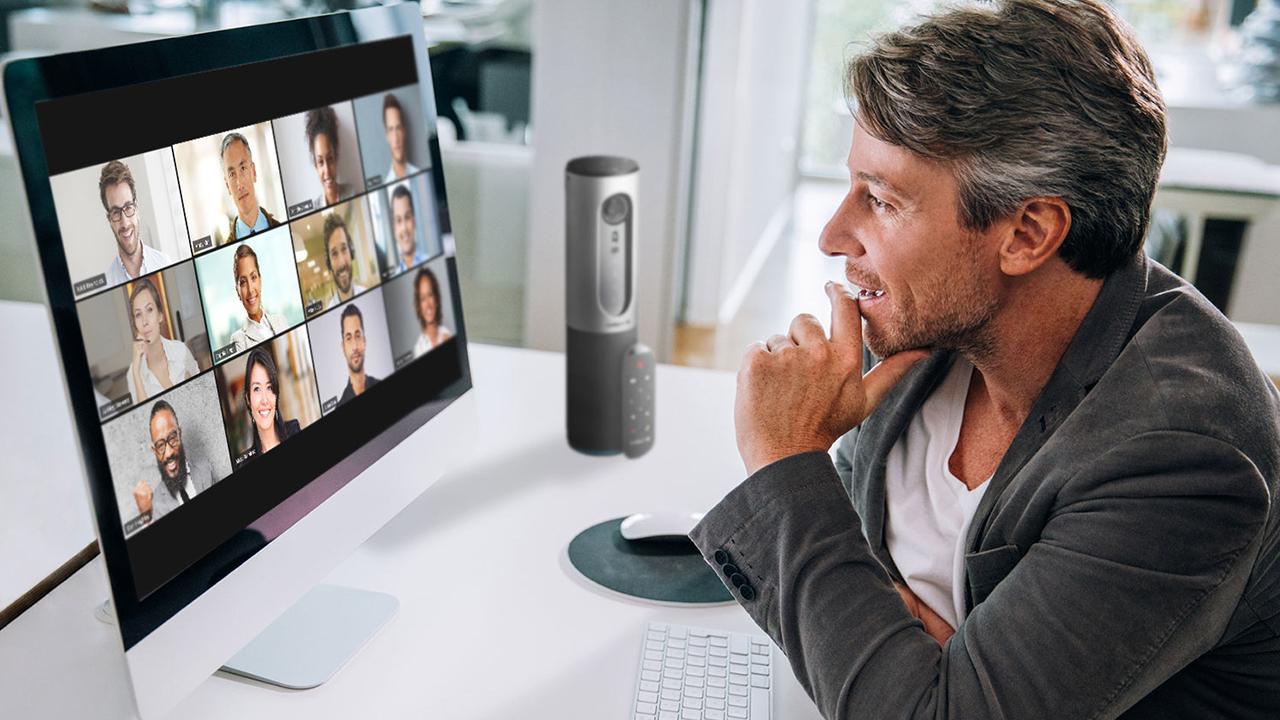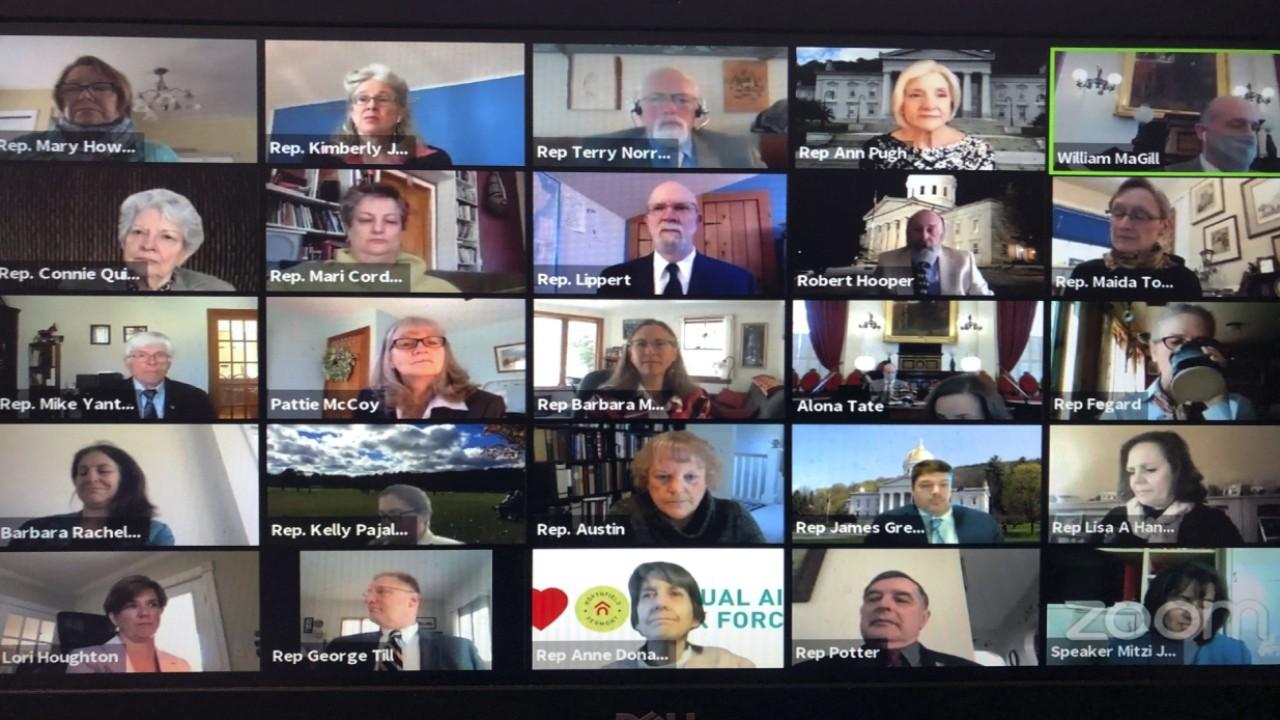5 tips to have a successful Zoom or other virtual event
Engaging an audience takes skill, and engaging them remotely is key
As it appears that mid to large size events will be virtual for the foreseeable future, and likely a more meaningful component of events once in-person gatherings return, it is important that your organization gives some thought to how to make these events more engaging and successful.
As someone who has done virtual and remote audience engagement as a host and panelist on webinars and television for more than a decade now, here are some of my tips:
1. Get a professional virtual event host and/or moderator -- seriously. Engaging an audience takes skill. Engaging an audience when you can’t see them and then, keeping them engaged, takes deep and different skills.
You should hire a host who has remote experience, high energy and remembers to talk to the audience and bring them into the conversation, even when they are not there.
It may not seem hard to do, but there is a world of difference between amateurs and professionals here and it can make the difference between people finding value in your event and not finding value in your event.
And speaking of value, if you are investing in the content of the event, then finding a budget to pay a professional shouldn’t be a barrier.
Some hosts and moderators may have experience in helping you shape the content and making decisions on how to format discussions, whether it is having a fireside chat instead of a monologue-driven keynote or structuring the right flow of questions for your event. Pay them for that expertise, too.
2. Let the professional host do the heavy lifting (hint: your sponsors and execs are boring). At many events, the company or organization’s high-level executives and/or sponsors want to get some face time and participate in the event. However, unless you have a very charismatic executive or sponsor with experience, that is a mistake.
HOUSEPARTY COMPETES WITH ZOOM AS CORONAVIRUS FUELS VIDEO MEETING SURGE
There are too many events where the tone is set by putting the audience almost to sleep. Work with your host to make sure your executives and sponsors are highlighted appropriately and positively.
3. Have an appropriate timeline and practice for speakers. In person events need practice for the run of show and any moderated sessions, and virtual events need practice runs doubly so, because the content and the tech needs to be checked.
On the content side, make sure that the host has enough time with any outlines or scripts to make suggestions and do at least one turn (possibly a couple) with it before it is distributed to any panelists or fireside chat participants.
Get the outline to all participants prior to the practice call, so that content can be reviewed and any final changes made.
No matter how much the participants say they know what they are doing, get them on the calls. Almost all of my on-stage disaster panelists have come from those who bragged about their experience.
HOW TO HOST SECURE ZOOM MEETINGS WHILE WORKING FROM HOME
Run through the tech to make sure everyone knows the platform, the settings are working and you can address any other issues.
4. Have a backup plan for everyone! Technology is anything but predictable and there’s a good chance something could go wrong during the event, from a participant not getting into the event to an interruption in service.
One of the last events I hosted saw several of us kicked out by the platform at different times during the event. So, there should always be a backup plan for every participant in the event; if that person can’t be seen, heard or is lost, who is going to take over?
Know this and plan well for this. Have everyone’s cell phone numbers for texting messages or contacting them if something goes south.
Also, since we are talking about the tech side, have someone other than the moderator or host do the tech and, at least, the Q&A screening.
GET FOX BUSINESS ON THE GO BY CLICKING HERE
It is hard enough to engage the audience, move through a script and keep track of time without having to wear a couple of other hats, as well.
5. Keep things short and interactive. As people’s attention spans are shorter than ever, plus they likely have a ton of distractions, keep your content shorter than usual and make it interactive.
Use polls, interspersed check-ins and live Q&A as much as possible to keep everyone engaged in the event.
Plus, have your host and moderator repeat and revisit key themes so that the event remains cohesive and that takeaways are firmly grasped by the attendees.
Obviously, there are more things to do, but these five key tips will ensure that you have a successful virtual event.
Author's note: If I can help with your virtual event as a host or moderator, recommend another host or moderator and/or help shape content, please feel free to reach out.






















